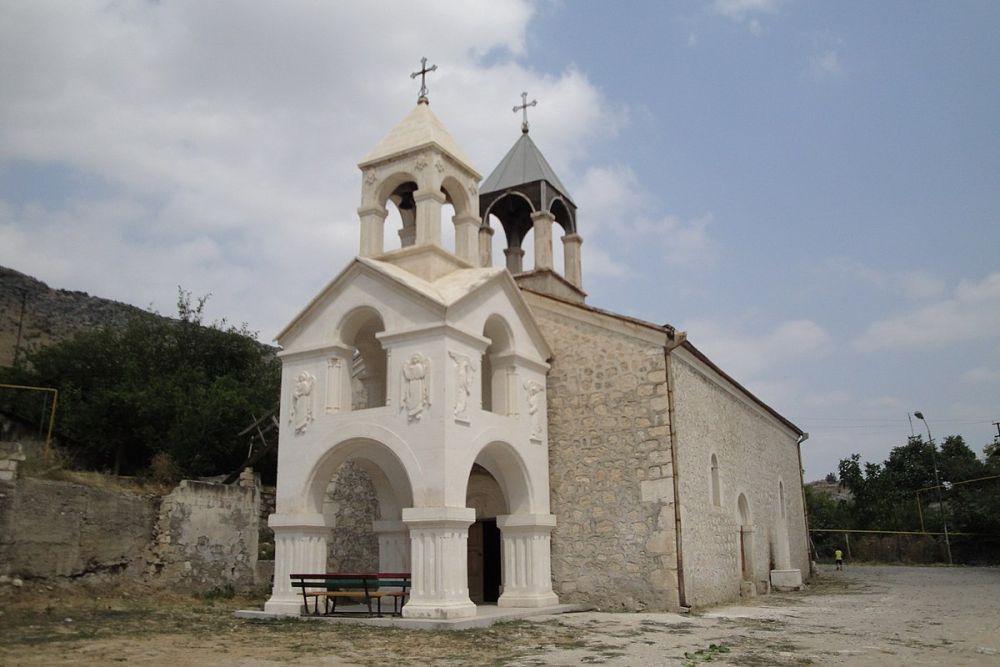

The history of tourism at the John the Baptist Church in Goygol, Azerbaijan, is intertwined with the historical significance and unique allure of the church itself. Established by German settlers in the early 19th century, the John the Baptist Church stands as a testament to the diverse cultural influences that have shaped the region. Its architecture, a blend of Gothic and traditional German styles, has been a point of interest for both local and international visitors.
Tourism in the area took a more structured form after Azerbaijan gained independence in 1991. The newly independent country saw the potential of its historical sites to draw visitors and generate income, and as a result, invested in the promotion and conservation of its cultural heritage, including the John the Baptist Church.
In recent years, the Azerbaijania government has been working to expand its tourism sector and the Church of John the Baptist has featured in such development plans. Nestled near the stunning Goygol Lake and the Caucasus Mountains, the location of the church is as much a draw as the building itself, attracting tourists who are seeking both historical depth and natural beauty.
One of the latest trends in tourism at the John the Baptist Church is the rise of eco-tourism and adventure tourism. Given Goygol's picturesque landscape, tourists are increasingly integrating visits to the church with hiking, camping, and exploring the Goygol National Park. The promotion of sustainable tourism practices is also becoming more prevalent, ensuring that the influx of tourists does not harm the environment or the historical sites in the area.
Another emerging trend is the focus on cultural and experiential tourism. Visitors are not only interested in seeing the church but also in learning about the history of German settlers in Azerbaijan and experiencing local customs and traditions. To cater to these interests, local tour operators offer guided tours that provide in-depth information and often include cultural experiences such as local food tasting and traditional music.
The integration of digital technologies is also transforming the tourism experience at the John the Baptist Church. Virtual tours and interactive apps are being developed, allowing visitors to enjoy augmented reality experiences that enrich their understanding of the site's historical context. This is especially popular among younger tourists and international visitors who are looking to gain insights before or after their physical visit to the church.
Overall, the John the Baptist Church continues to be an important landmark for Goygol and Azerbaijan's tourism industry, drawing visitors with its rich history and spectacular surroundings. Efforts to preserve the site and offer enriching experiences are essential for sustaining and growing tourism in the area well into the future.